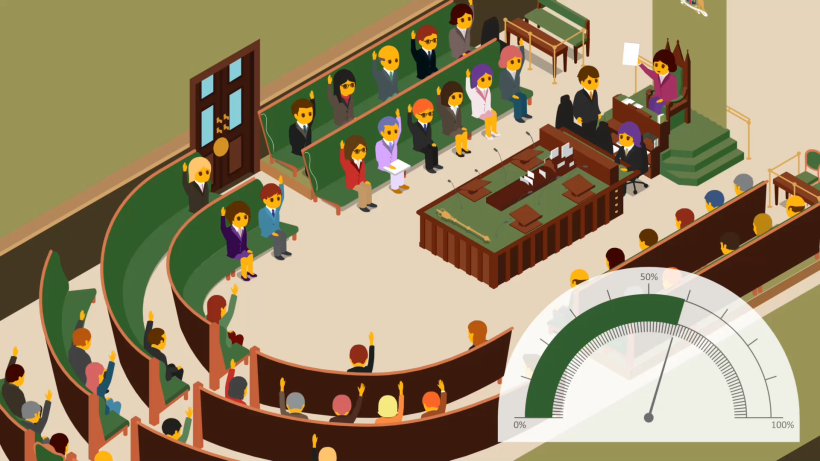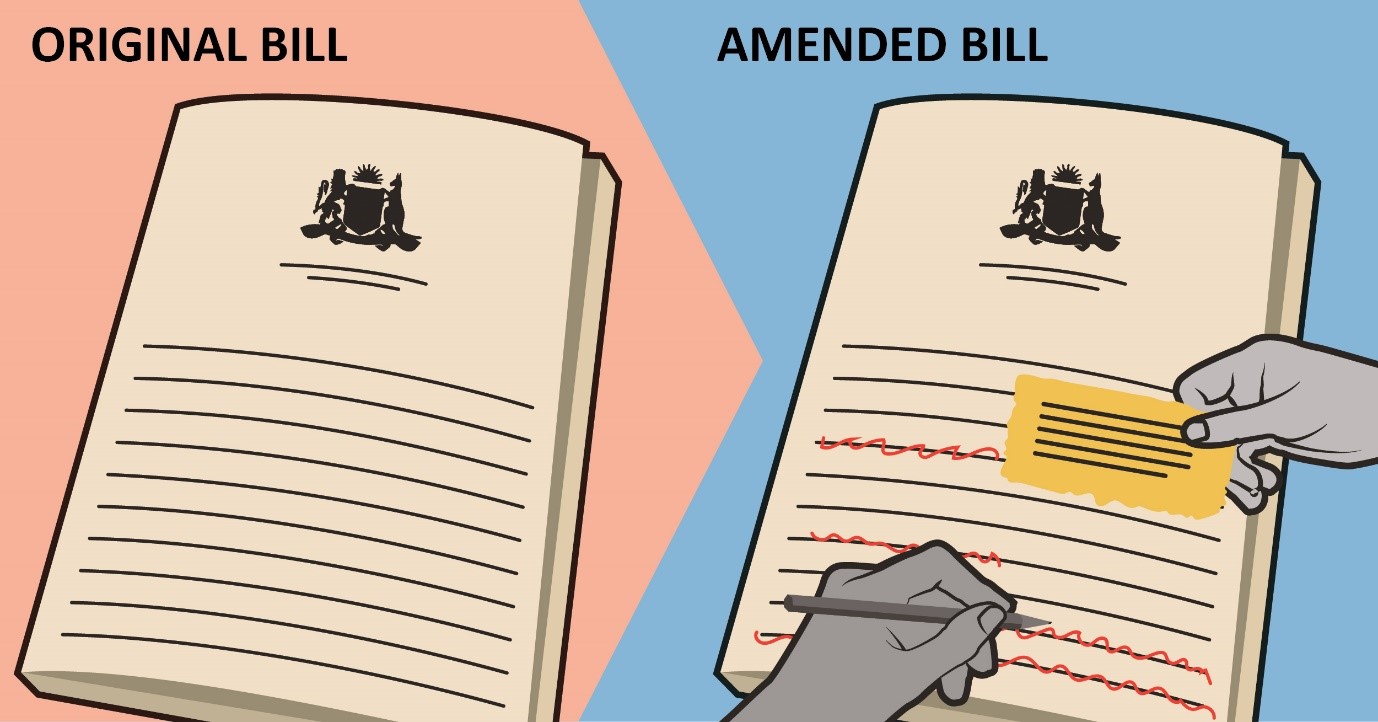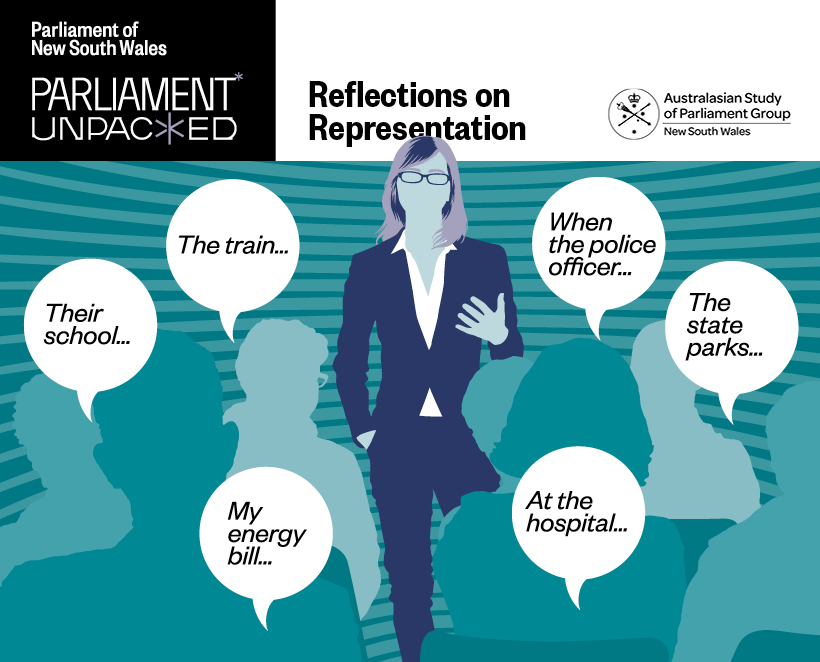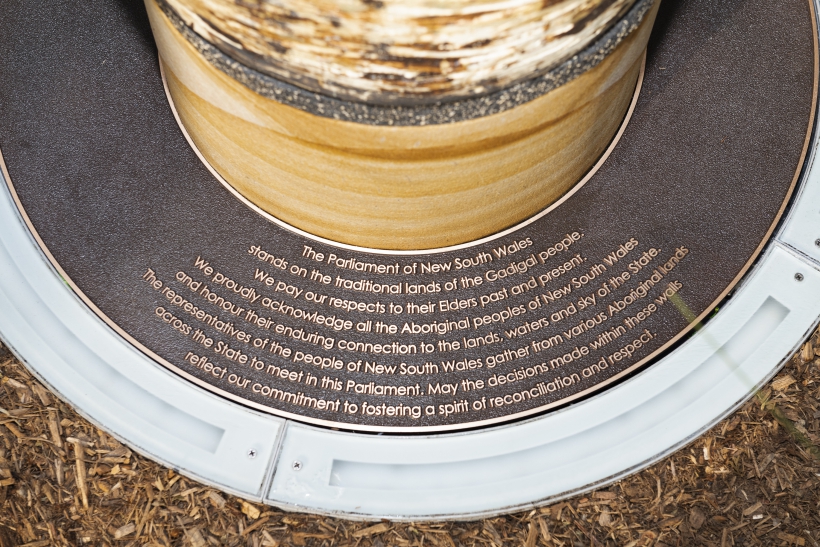
The Parliament of NSW makes laws for the whole state of NSW.
From idea to official legislation – there are a few steps before a parliamentary bill can become a law. Some bills never make it all the way, some are amended by one or both Houses of Parliament. Strap in and join us for an animated journey through the legislative process.
What is the difference between a bill and a law?
Every Act (the official name for a law made by Parliament) starts its life as a bill. Bills are proposed laws considered by Parliament. If a bill passes through both Houses of the NSW Parliament and receives assent by the Governor, it becomes an Act of New South Wales.
Where do bills start?
A bill can be introduced in either House but must pass both to become an Act.
How are bills changed?

Any changes to a bill are known as amendments.
An amendment needs to describe the exact words it is changing and the change itself. For example, an amendment intended to add a new section will identify the relevant page and line number and detail the exact words to be added.
These amendments are usually written by the NSW Parliamentary Counsel’s Office at the instruction of the member wishing to move an amendment. This means that experts in law writing with knowledge of the structure of the bill as a whole can ensure the intended legal effect of the amendment is achieved.
Got more questions?
- What can the Parliament of NSW make laws about? Read our blog on the three levels of government.
- Where is this process recorded? In Hansard – the official record of parliamentary proceedings. Learn more about Hansard in NSW.
- Can Acts be changed after they become law? Learn about how laws are made are changed.




